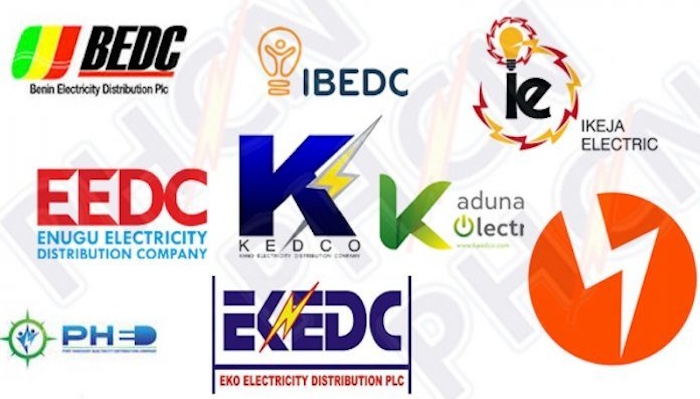Nigeria’s electricity market could be on the brink of a new crisis as concerns grow about the ability of state governments to manage tariffs, infrastructure, and financial shortfalls under the newly implemented Electricity Act 2023. The Act decentralizes the nation’s power sector, allowing states to take part in generation, transmission, and distribution, and set up independent electricity regulatory bodies.
At a recent Energy and Infrastructure Breakfast Session hosted by Udo Udoma & Bello-Osagie (UUBO) law firm in Lagos, stakeholders voiced their concerns over the readiness of states to handle the financial and operational demands of the decentralized system. Dafe Akpeneye, NERC’s Commissioner in charge of Legal, Licensing, and Compliance, highlighted the challenges states will face in tariff setting and market management. He expressed doubts about whether many states, already struggling to pay salaries, could manage these new responsibilities.
“It now means that states will be responsible for determining tariffs, ensuring payment, and covering shortfalls. Not many states are financially capable of doing this,” Akpeneye noted.
Despite the powers granted to state governments under the Electricity Act, Akpeneye pointed out gaps in the law, including the absence of a sunset clause to ensure a smooth transition for all states. He warned that without this, wealthier states could enjoy uninterrupted power supply, while poorer ones face chronic outages due to financial constraints.
Meanwhile, the Nigerian Governors Forum (NGF), through its Lead Consultant on Power, Odion Omonfoman, revealed that states are not planning to invest in large-scale power infrastructure like generation plants or transmission lines. Instead, they are focusing on transformers and smaller distribution substations, which may not be enough to sustain their energy needs in the long term.
Contrary to fears of a liquidity crisis, Omonfoman suggested that states will see improved collection rates with the ability to introduce new utility firms to compete in the electricity market. He argued that this competition could drive more efficient services and better overall performance.
Adding to the sector’s challenges, the Transmission Company of Nigeria (TCN) recently blamed outdated infrastructure—some over 50 years old—for the frequent grid collapses plaguing the nation. TCN Managing Director Sule Abdulaziz noted that while Nigeria has increased tariffs, the cost of electricity remains lower compared to neighboring countries like Chad, Mali, and Senegal.
“Our transmission system requires continuous investment to stabilize the grid,” Abdulaziz said. He explained that TCN is working on completing the Supervisory Control and Data Acquisition System (SCADA), a project now 70% finished, which is expected to reduce the frequency of grid disturbances.
NERC has scheduled a public hearing this Thursday to address these escalating concerns and the rising frequency of grid outages, inviting stakeholders and the general public to discuss potential solutions.
